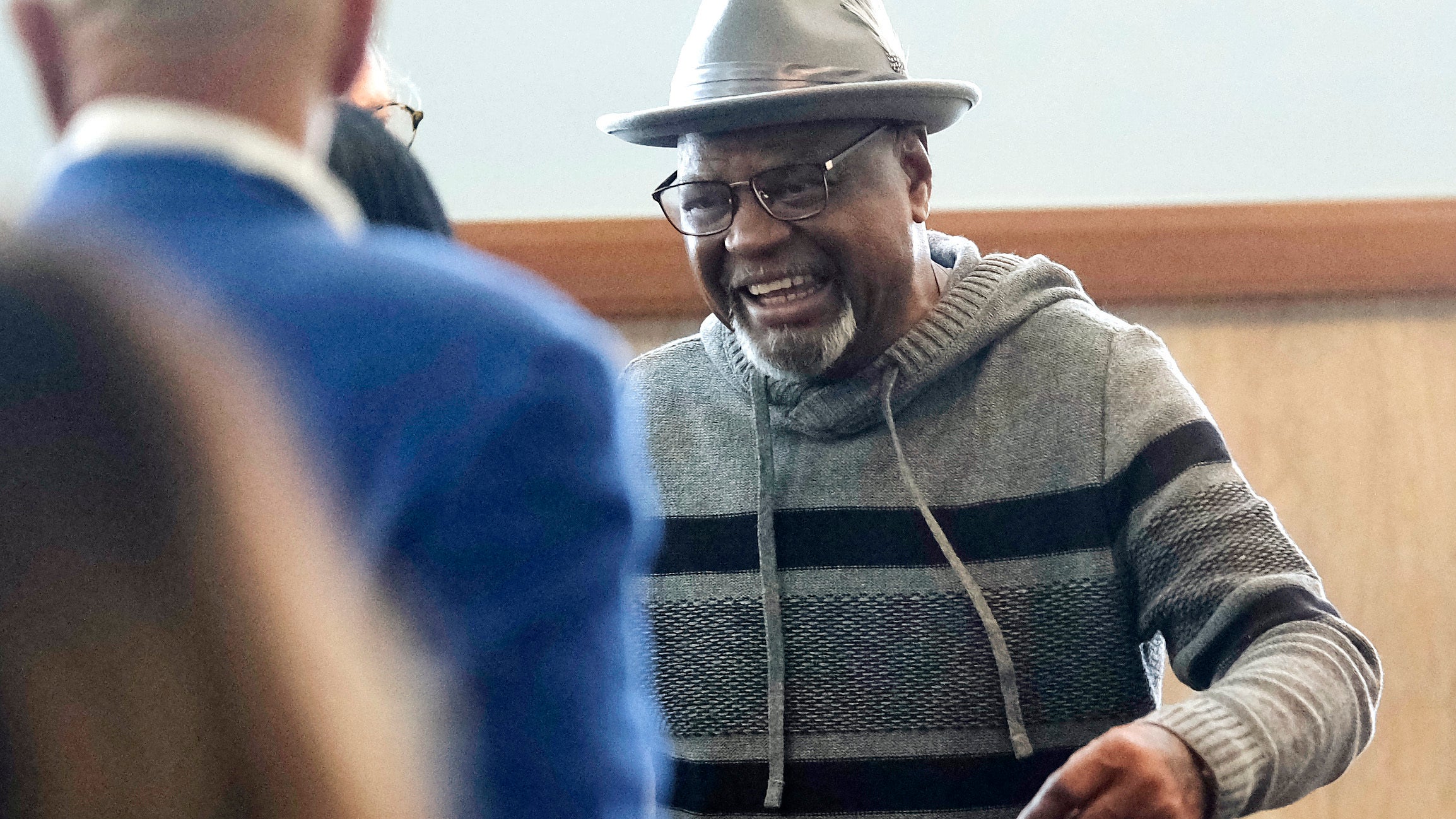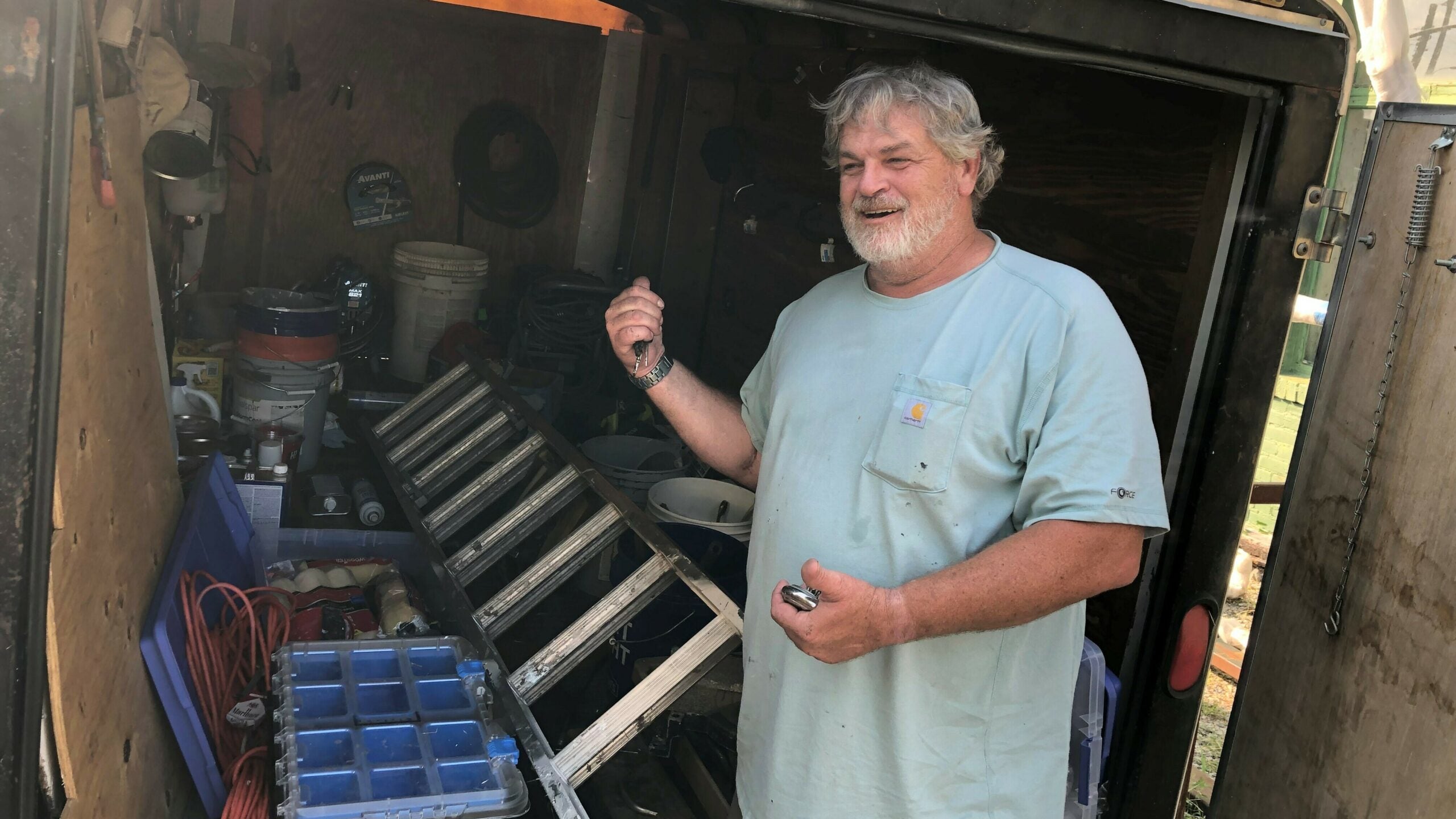A faith-based prisoner support group is once again calling on the state Department of Corrections to release dozens of inmates who are eligible for parole.
The group, called WISDOM, plans to read letters from the inmates at a prayer vigil at a Milwaukee church on Tuesday to press their demands.
There are more than 2,600 inmates eligible for parole, all of whom were sentenced before the Truth in Sentencing law took effect 16 years ago requiring all inmates to serve their full sentence.
Stay informed on the latest news
Sign up for WPR’s email newsletter.
Baron Walker has served 21 years of a 60-year sentence for helping plan an armed robbery in which no one was hurt. His wife, Beverly, says the parole commission is unfairly applying the Truth in Sentencing law to him and many other inmates.
“They are holding these old-law parole-eligible inmates to the same criterion standard as the Truth in Sentencing inmates, making it where they have double the sentence. So they’re doing double the time,” she said.
Department of Corrections figures show that 172 such inmates were granted parole last year. That number has increased by about 20 per year for the past three years.
DOC officials said more than 90 percent of parole-eligible inmates are serving time for violent offenses. That may explain why the parole commissioners have been routinely denying parole by claiming the inmates haven’t served enough time and still pose a risk to the community.
But many of the families who will read letters from these men at the prayer vigil said that claim doesn’t take into account the fact that many of those eligible have competed all their required rehabilitation programs and maintained a clean disciplinary record.
Beverly Walker said that’s the case with her husband. She said when her husband became parole eligible, she canvassed her neighborhood door-to-door asking whether anyone felt threatened by her husband’s potential release.
Wisconsin Public Radio, © Copyright 2024, Board of Regents of the University of Wisconsin System and Wisconsin Educational Communications Board.






